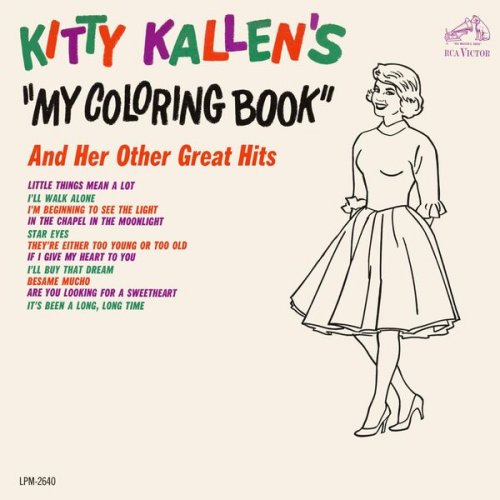Rinaldo Alessandrini & Concerto Italiano - Haendel: Il Trionfo del Tempo e del Disinganno (2007)
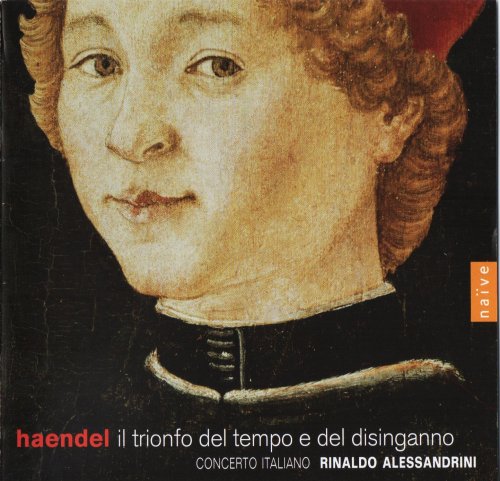
Artist: Rinaldo Alessandrini, Concerto Italiano
Title: Haendel: Il Trionfo del Tempo e del Disinganno
Year Of Release: 2001 / 2007
Label: Naïve
Genre: Classical
Quality: FLAC (image + .cue, log, scans)
Total Time: 02:12:33
Total Size: 722 MB
WebSite: Album Preview
Tracklist:Title: Haendel: Il Trionfo del Tempo e del Disinganno
Year Of Release: 2001 / 2007
Label: Naïve
Genre: Classical
Quality: FLAC (image + .cue, log, scans)
Total Time: 02:12:33
Total Size: 722 MB
WebSite: Album Preview
CD 1
Il trionfo del Tempo e del Disinganno, oratorio, HWV 46a: Part 1
1-1 Sonata (Allegro - Adagio - Allegro)
1-2 Aria. Fido specchio...
1-3 Recitativo
1-4 Fosco genio, e nero duolo mai non vien per esser solo...
1-5 Recitativo
1-6 Aria. Se la bellezza perde vaghezza...
1-7 Recitativo
1-8 Aria. Una schiaera di piaceri...
1-9 Recitativo
1-10 Aria. Urne voi, che racchiudete tante belle...
1-11 Recitativo
1-12 Duetto. Il voler nel fior degl'anni...
1-13 Recitativo
1-14 Aria. Un pensiero nemico di pace...
1-15 Recitativo
1-16 Aria. Nasce l'uomo, ma nasce bambino...
1-17 Aria. L'uomo sempra se stesso distrugge...
1-18 Recitativo
1-19 Sonata
1-20 Aria. Un leggiadro giovinetto...
1-21 Recitativo
1-22 Aria. Venga il Tempo...
1-23 Aria. Crede l'uom ch'egli riposi...
1-24 Recitativo
1-25 Aria. Folle, dunque tu sola presumi...
1-26 Recitatico
CD 2
Il trionfo del Tempo e del Disinganno, oratorio, HWV 46a: Part 2
2-1 Recitativo
2-2 Aria. Chiudi, chiudi i vaghi rai...
2-3 Recitativo
2-4 Aria. Io sperai trovar nel vero...
2-5 Recitativo
2-6 Aria. Tu giurasti di mai non lasciarmi...
2-7 Recitativo
2-8 Aria. Io vorrei due cori in seno...
2-9 Recitativo
2-10 Recitativo
2-11 Recitativo
2-12 Quartetto. Voglio Tempo per risolvere...
2-13 Recitativo
2-14 Aria. Lascia la spina...
2-15 Recitativo
2-16 Aria. Voglio cangiar desio...
2-17 Recitativo
2-18 Recitativo
2-19 Recitativo accompagnato
2-20 Duetto. Il bel pianto dell'aurora che s'indora...
2-21 Recitativo
2-22 Aria. Come nembo che fugge col vento...
2-23 Recitativo accompagnato
2-24 Aria. Tu del Ciel ministro eletto...
France's Naïve label has made its mark with stirringly played recordings of Baroque music by top groups from all over Europe, presented in packaging with striking contemporary design elements that emphasize the music's energy and relevance. The label has done well enough that it has been able to amplify its own catalog with reissues of performances, often by artists in its own stable, that were originally recorded for labels less gifted from a marketing standpoint. This two-disc set by conductor Rinaldo Alessandrini and his Concerto Italiano ensemble, featuring a trio of his most breathtaking vocal collaborators, first appeared on the Opus 111 label. It's a real find, partly because of the music. Il trionfo del tempo e del disiganno (loosely, The Triumph of Time and Truth) was the young George Frideric Handel's very first oratorio, composed when he was a young man who had escaped the sober confines of north Germany and was moving from place to place in Italy. The work was little known in its own time and has waited until very recently to reveal its secrets. Partly its reticence is the result of its libretto, written by a Roman churchman and really more of a philosophical debate over morality than a dramatic story. There are four characters: Beauty and Pleasure are, naturally enough, soprano soloists (Deborah York and Gemma Bertagnolli); Truth is the contralto, here taken by the imposing voice of Sara Mingardo; and Time is tenor Nicholas Sears. The music consists of a series of arias, duets, and a couple of quartets, introduced by recitatives; there is no chorus to comment on the procedures. But probably what has done the most to keep the work from public view is the extreme difficulty of the vocal writing, which has awaited singers who can take Baroque vocal virtuosity on its own terms. Il trionfo del tempo e del disinganno is every bit the splashy, fiery music of a 22-year-old -- out of phase, it's true, with the philosophical subject matter, but an absolute thrill when done as it is here. Bertagnolli's lines, especially, are densely garlanded with trills that never begin to seem stressed nor deviate from the pitches involved, the duet between the two sopranos (CD 1, track 12) is a sheer delight, and the contrast lent to the proceedings by Mingardo's deep pearl of a voice adds color to what is, for Alessandrini, a rather restrained performance -- he keeps his historical-instruments group largely out of the way of the performers and simply provides a backdrop of alluring calm. There is a more extreme version of this work available featuring French performers -- conductor Emmanuelle Haïm and soprano Natalie Dessay, who is hard to top in music of this kind. Making the selection is difficult, but one might exercise what Martin Gardner used to call Zermelo's Axiom of Choice -- try one of each. ~ James Manheim
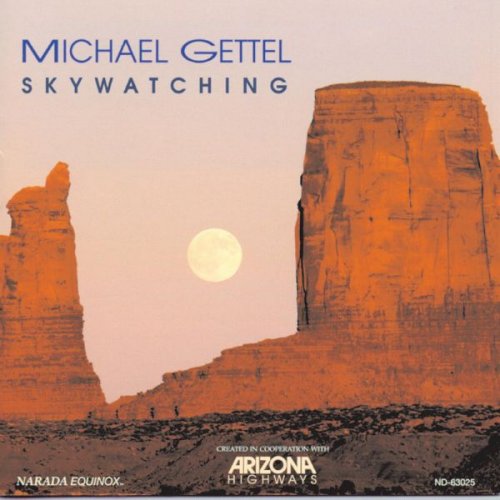
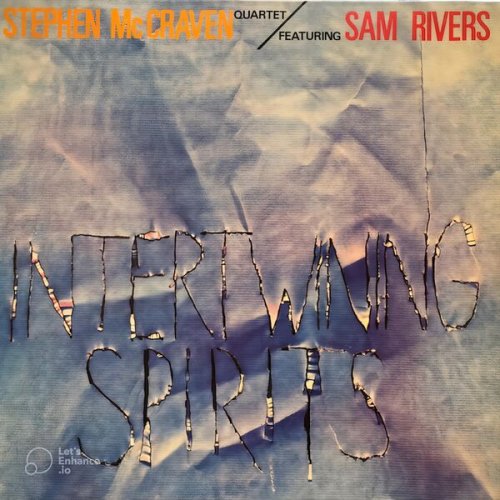
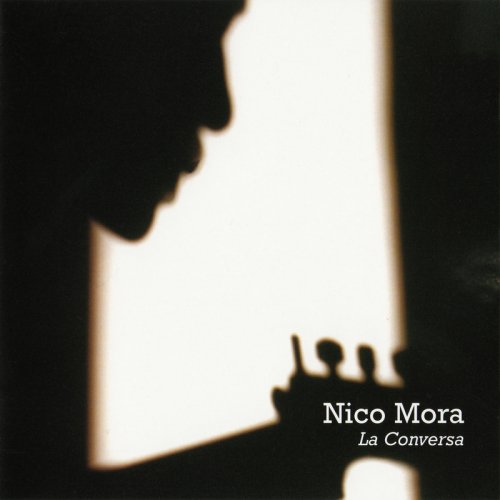
![Sibel Köse Septet - In Good Company (2025) [Hi-Res] Sibel Köse Septet - In Good Company (2025) [Hi-Res]](https://www.dibpic.com/uploads/posts/2025-12/1765846644_uizwujac4ht2d_600.jpg)
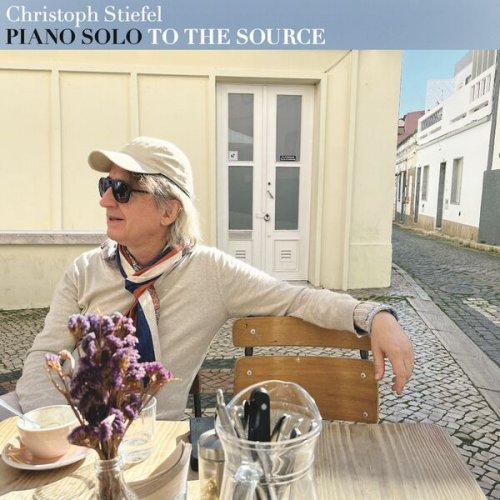
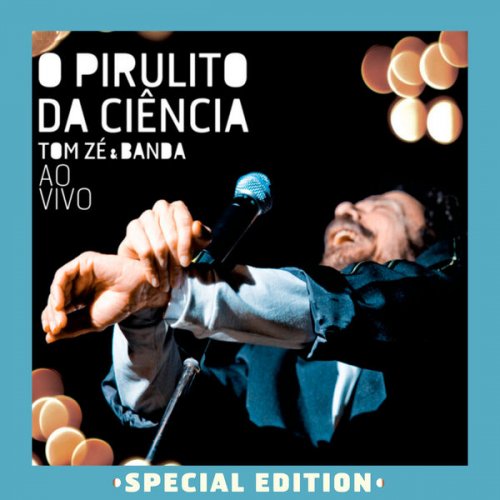
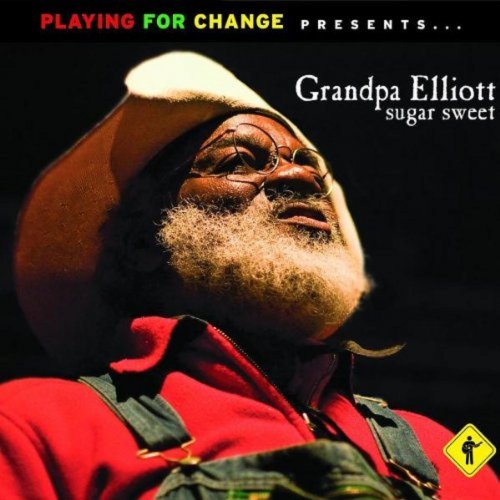
![Bryan Ferry - Bitter-Sweet (2018) [Hi-Res] Bryan Ferry - Bitter-Sweet (2018) [Hi-Res]](https://www.dibpic.com/uploads/posts/2018-11/1543491501_folder.jpg)
